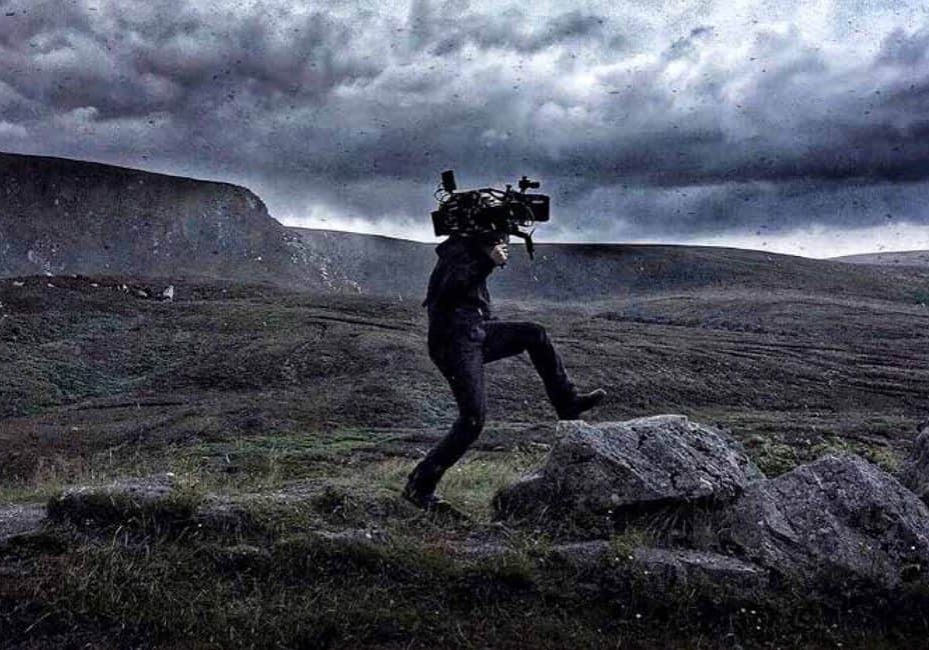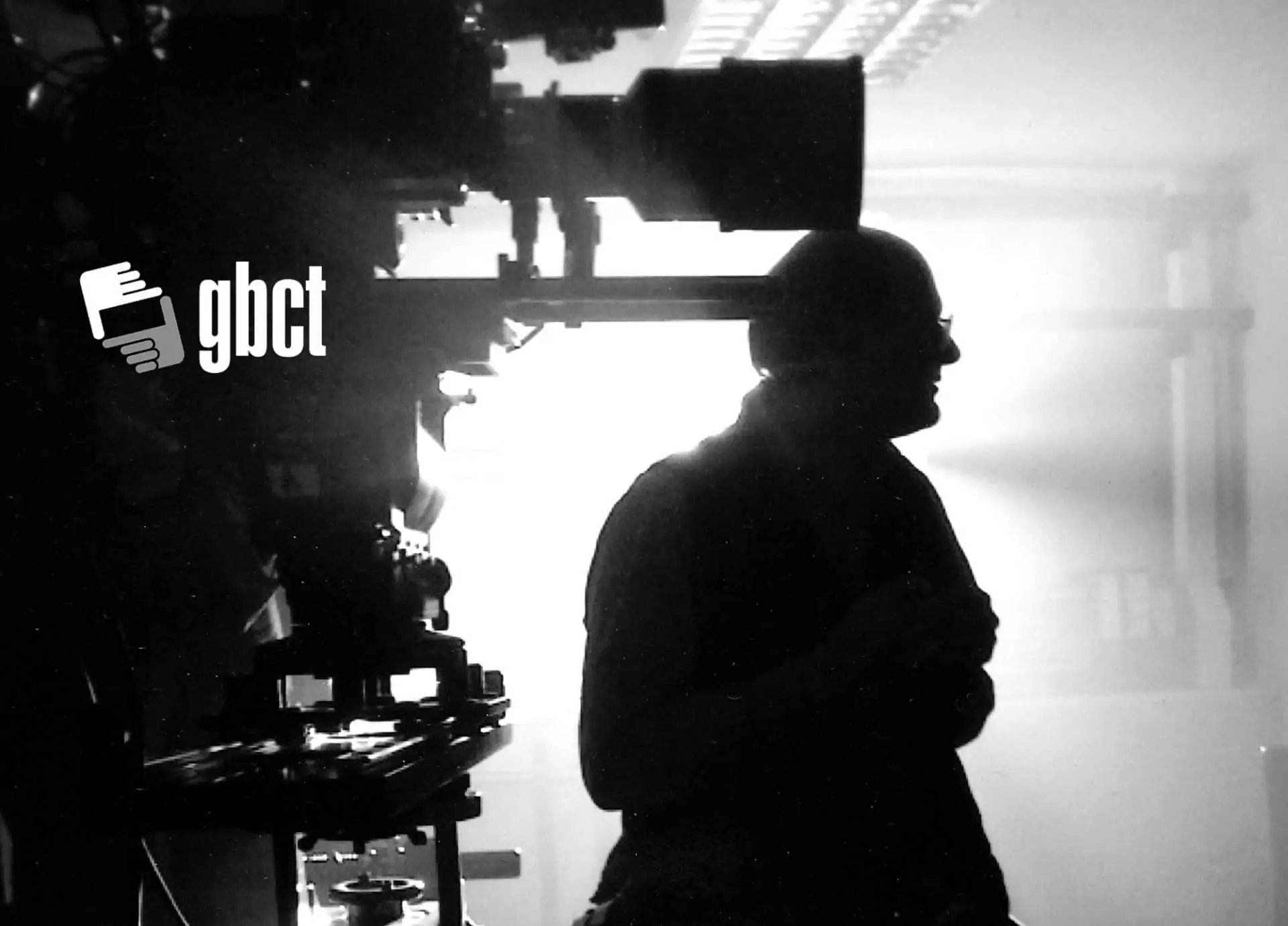What value a cinematographer?
GBCT News / Tim Potter

What value a cinematographer?
GBCT News / Tim Potter
It would seem to be one of those things we take to be self-evident, that the person who creates the image for a visual medium should be the one member of the crew to be of higher value than any other. Is this what we find in the real world? If you are to look at the way the cinematographer is sometimes treated, you might not be mistaken for thinking otherwise.
Over the years, the camera department branch of BECTU has published the real rates of pay that members have reported. These are the rates they have actually received, not the minimum from agreements of the past, or what optimists think they are worth. These ratecards are periodically updated as and when sufficient information comes in. The proverbial hit the fan recently when some of our department’s most esteemed practitioners noticed that the reported rates for camera operators exceeded those of their heads of department on some lower budget productions. It took little examination to find the reason for this anomaly. Camera operators have been having great successes in getting good rates on television dramas and some low budget pictures. The occasional use of a Steadicam can help boost this rate. However, the rates reported by cinematographers were some ten years out of date. The ratecards are only as good and current as the information that is fed in to them. Once this message got out to the general population the flow of information became a flood.
What this shows us is that we need to be ever-vigilant about how we keep up with how our profession is perceived. It is not for no reason that the cinematographer’s rate for a commercial is at least twice that of any other member of the technical crew. Their mastery of the technicalities of photographing the moving image has to encompass vast fields of physics, optics and engineering as well as having the ability to deploy this knowledge in an aesthetic manner that is appropriate to the production in hand. This knowledge is often the product of great experience and is practiced under some considerable pressure.
While we can say that a cinematographer needs something to photograph: yes, the talents of the production designer are vital to the setting in which the cinematography takes place; the actors are vital to portray the story; the script writer is vital to the whole impact of the film; even the caterers’ assistant is vital to keep the crew marching on its stomach. In just the general execution of a shoot, a crew takes a certain amount of money to keep it on the road. If a crew member can save the production enough of those minutes on the road (to save more than they are paid) by being there rather than not, it is cheaper to have them on the job rather than not.
None of this, however, can outweigh the contribution of the cinematographer. As a crew gets progressively smaller, as the budget and intentions of the shoot get smaller, we eventually get to the point where the only necessary technician is the cinematographer, whether it is the most guerrilla of experimental dramas or the most difficult of documentaries. The cinematographer is the fundamental basis of cinema.
It has never more been the right time to actively promote the work and value of the cinematographer.
Tim Potter
Chair
GBCT



